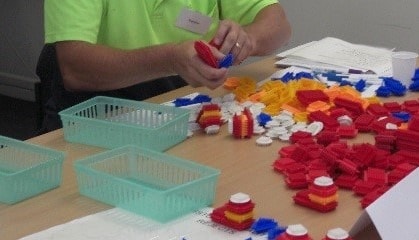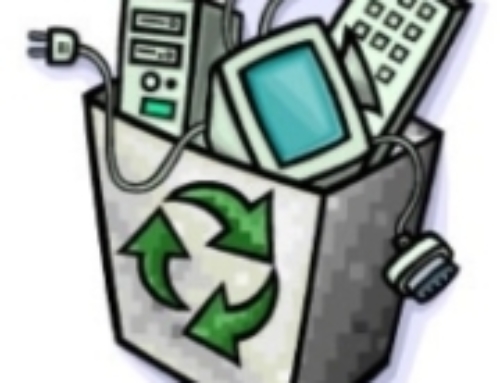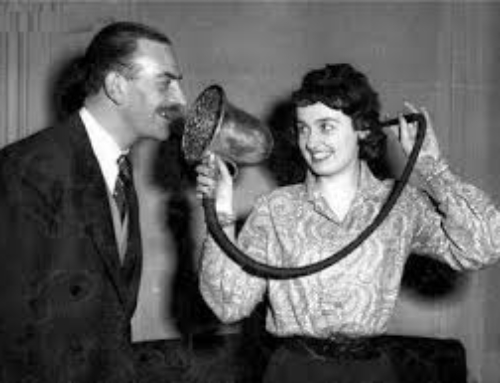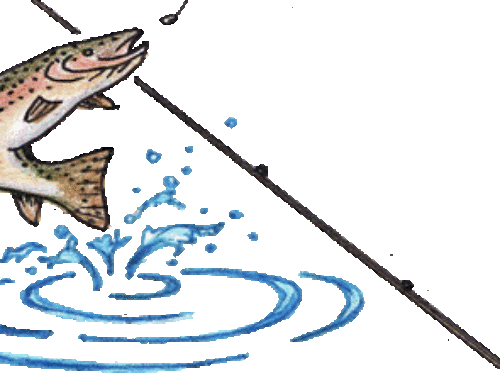
The Lean Thinking Experience
Training must be hands on and practical if it is to be useful in knowledge and skills transfer.
An example of adult learning techniques is the Lean Thinking Experience that ACIG uses to teach the principles and practices of Lean Thinking and Continuous Improvement.
We call it the Blast Game.
In the Blast Game participants take roles in a fictitious organisation and produce a product or service to satisfy their customers’ demands. Customers can be external customers or internal customers such as another department, section or a minister.
The aim of the experience is to use Lean Thinking techniques to improve the performance of the organisation and satisfy customers’ expectations.
How It Works
The product or service is made of stickle bricks and constructed in a series of workstations. The Experience is played against the clock and the organisation’s performance is measured and reviewed at the end of each timed period.
Initially the organisation is poorly set up: work is processed in large batches, which makes it difficult for the process to flow; layout is poor and hinders efficient processing; work instructions are unclear; staff are poorly trained so they make mistakes; roles and responsibilities overlap; and the customers are demanding. We can also include restrictions such as the impact of a regulator, legislative constraints, politics of industry bodies, or IT limitations.
The impact of these variables is that, at the end of the first business period, performance is usually very poor. To quantify the level of performance we introduce performance measures such as response time, cycle time, quality, unit costs and customer service. Performance is also benchmarked against World’s Best Practice.
After reviewing their performance, participants are then introduced to Lean Thinking and led through an analysis that focuses on process simplification, waste reduction, improved quality, improved flow or other improvements depending on the potential causes they identify. Participants are then invited to improve two factors before playing another round.
Over five rounds participants improve their performance to such an extent that they beat world’s best practice. By the last round the product or service is flowing, quality is excellent, there is very little waste in the process, the customer is satisfied, and everyone is working as a team, in contrast to the chaos in the first round.
The Blast Game teaches, in a very hands-on way, the principles of Lean Thinking and Continuous Improvement.
We have used the simulation many times with people from all levels of organisations. It is effective because it can be tailored to reflect the issues in the workplace, which makes the lessons highly relevant and easily transferable.
And participants LOVE it – even those who are dubious to begin with!





